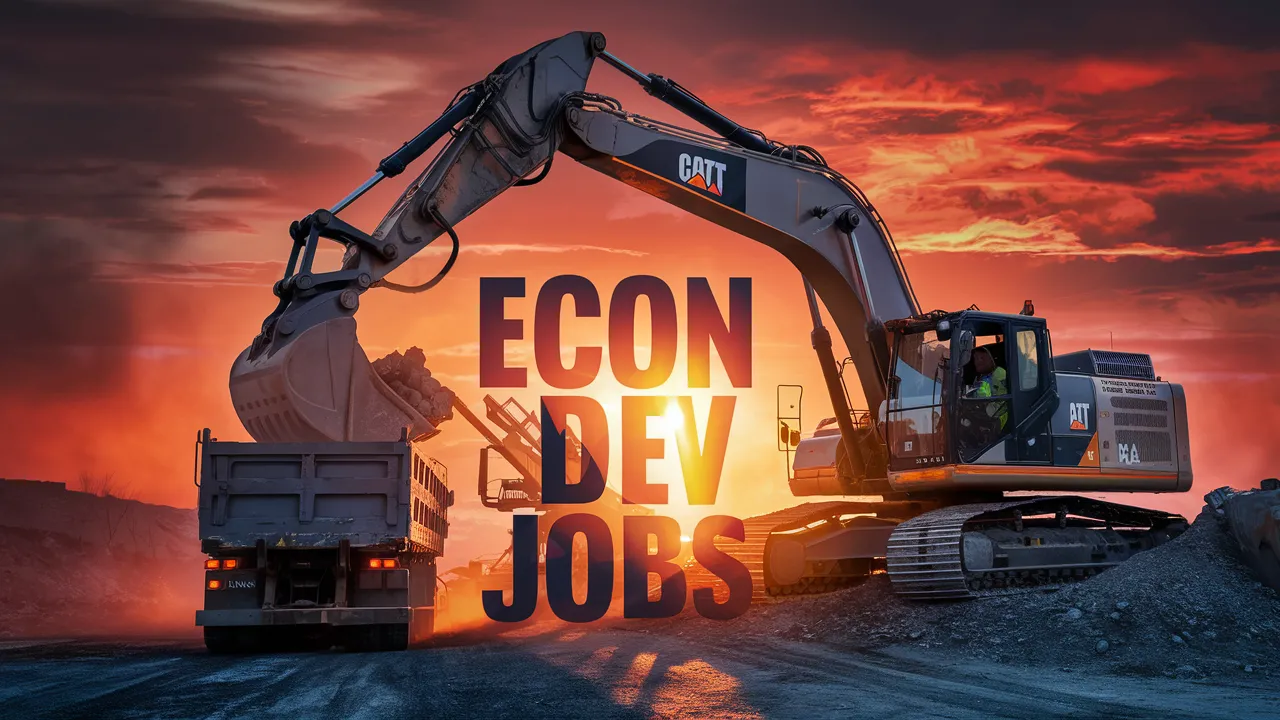62 Things Economic Developers Need To Know This Week
The stories that you need to see from this week. September 2, 2021 edition.

Good morning econ dev fans and practioners: Welcome to everyone's favorite make you a smarter economic developer newsletter! Thanks for spending a few minutes with us this morning.
This week we have 62 stories, graphics, charts, and videos that I think you'll find informative, useful, inspiring, and perhaps even funny.
- Dane


